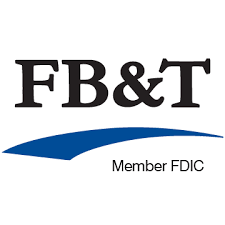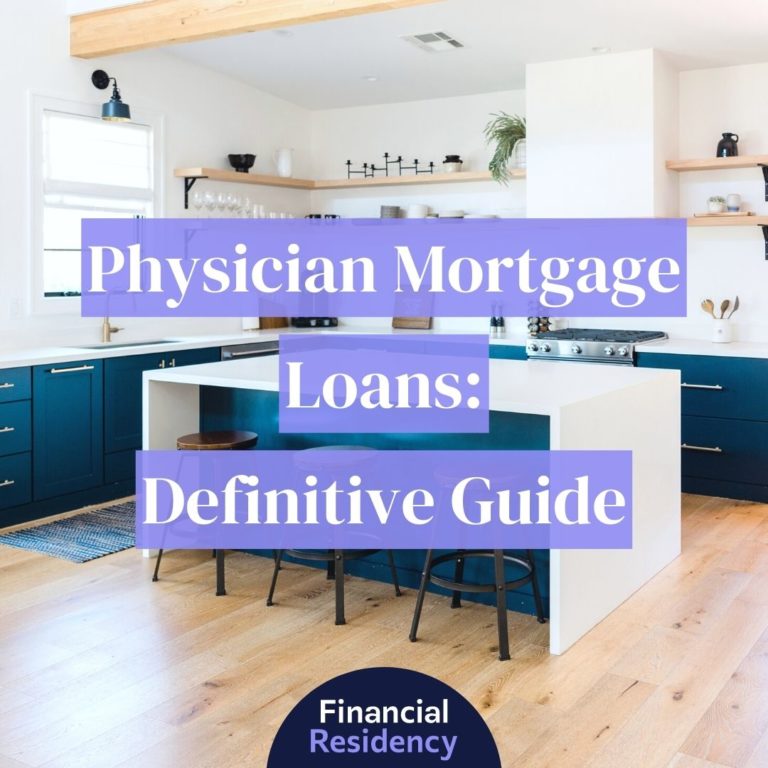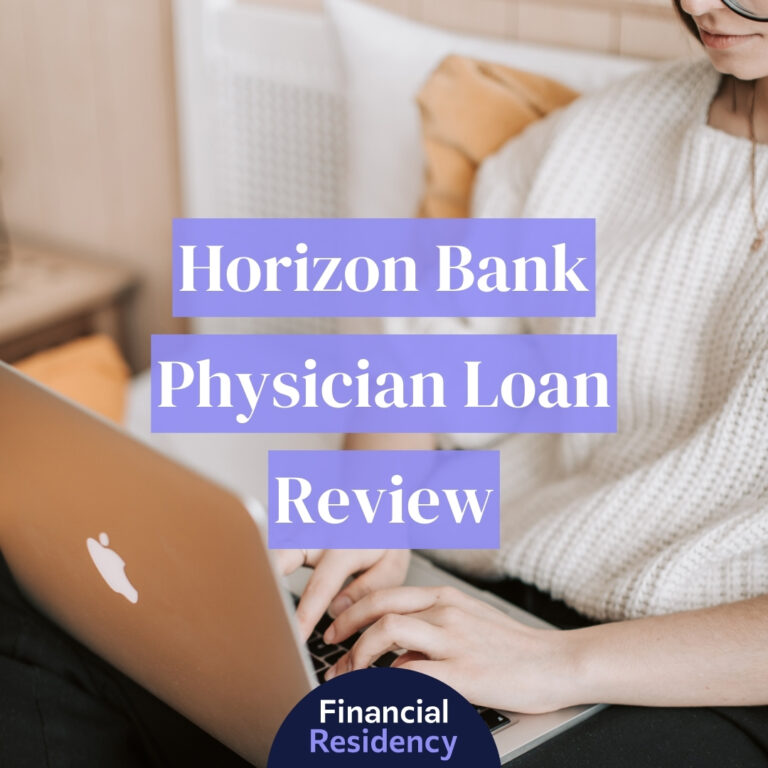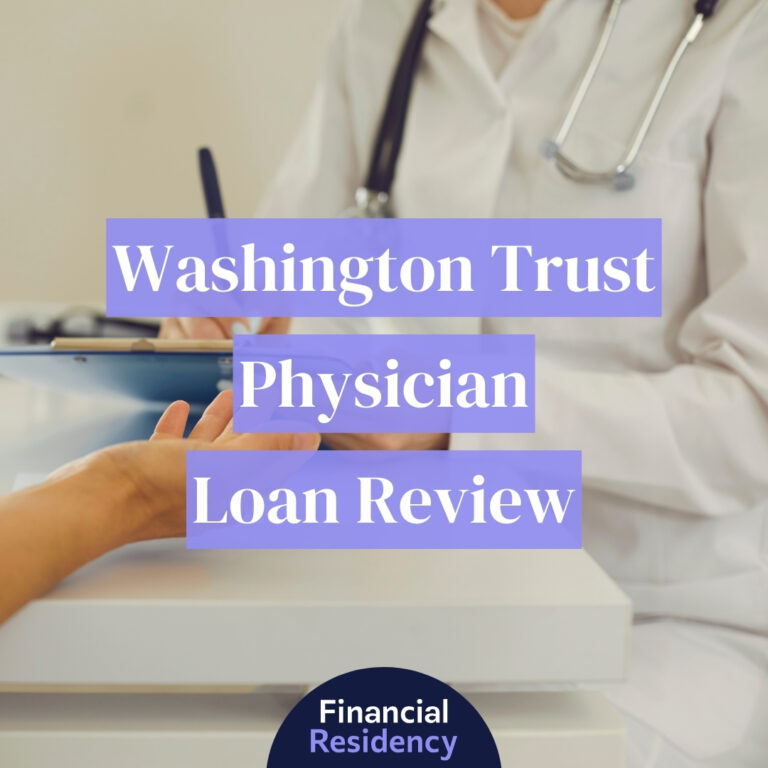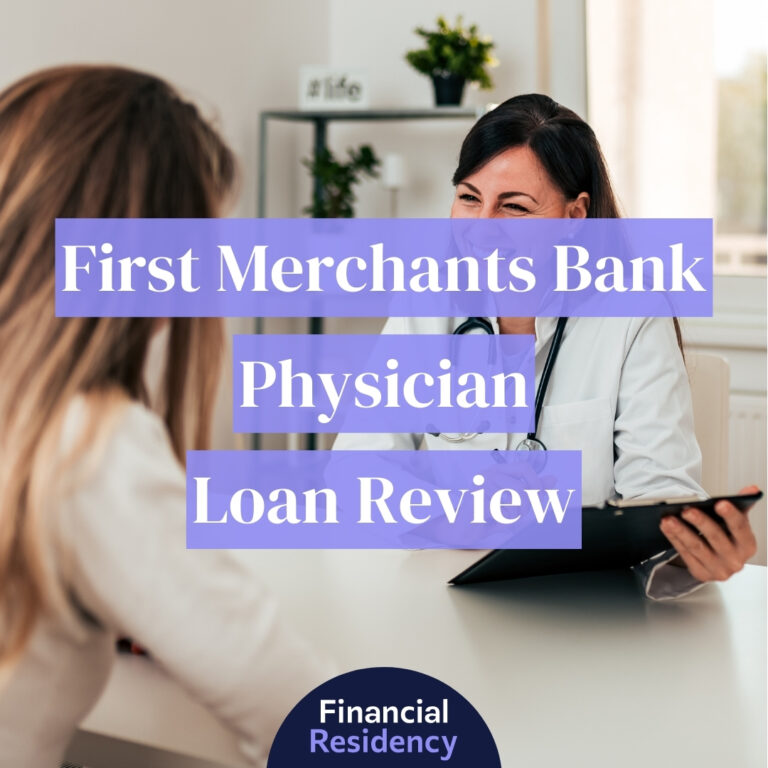If you’re a doctor residing in Minnesota or Wisconsin, then you may be eligible for a physician mortgage loan through Frandsen Bank & Trust.
This loan program offers attractive financing options for physician borrowers, with more generous debt-to-income (DTI) allowances for student loan debt.
While many mortgage lenders offer similar physician home loans, Frandsen Bank & Trust has more generous eligibility requirements for its program, extending its program to many medical professionals (non-MD) who are commonly excluded from physician mortgages.
About Frandsen Bank & Trust
Founded in 1982 by Dennis Frandsen, Frandsen Bank & Trust is a member FDIC local community bank that serves over 40 communities throughout Minnesota, Wisconsin, and North Dakota.
Bank headquarters are in Arden Hills (St. Paul), Minn., and the bank holds more than $3 billion in assets.
Frandsen is the eighth-largest financial institute based out of Minnesota and the state’s fifth-largest bank. Over 400 Frandsen employees serve more than 100,000 customers in the tri-state region.
The bank offers a full range of consumer and business banking solutions, including checking, savings, CDs, IRAs, credit cards, wealth management, investment services, and mortgages for primary residences and investment properties.
Discover The Best Lenders Answer just a few questions about your career, where you're buying, and how much you want to borrow. Our service will then show you the exact programs you're eligible for from vetted physician loan specialists who will guide you through every step of the process – obligation-free!
Frandsen Bank & Trust Physician Loan: Fast Facts
Here are some fast facts about Frandsen Bank & Trust physician loans.
- Qualifying Professions: Medical doctors, osteopaths, dentists, physician assistants, nurse practitioners, veterinarians, nurse anesthetists, optometrists, podiatrists, and pharmacists.
- Eligible Homes: Primary homes, second homes, investment properties
- Loan Amounts: Up to $2 million
- Loan Types: 10-year or 15-year ARM (adjustable rate mortgage) options, construction loans
- Student Loan Considerations: Student loan payments excluded from their debt-to-income ratio (DTI) calculations
Frandsen Bank & Trust Physician Loan: Qualifications
Here’s a rundown of Frandsen Bank physician loan eligibility requirements.
- Degrees: MD, DO, DDS, DMD, DVM, DPM, PA, NP, CRNA, OD, RPh, PharmD
- Employment Contract: Can close on a home loan if you have not started your new position with a fully executed employment contract. No start date
- States: Minnesota and Wisconsin (Note: Frandsen has bank branches in North Dakota, but physician loans are not available there.)
- Credit Score: A 720 minimum credit score is typically required but there is flexible
- Down Payment: Options for 0% to 10% down payment.
- Private Mortgage Insurance (PMI): No PMI is required with at least 5% down, however, PMI may be waived for 0% down mortgage financing on a case-by-case basis.
How to Apply
If you’d like to apply for a Frandsen Bank physician loan or other mortgage product, the process is fairly straightforward.
- Connect with a loan officer or bank representative. Visit a local branch or apply online. On the Frandsen Bank website, select the “Contact Us” option and fill out the web form. Specify you are interested in a physician mortgage. A representative should follow up with you within a business day.
- Prepare your personal and financial documents. This may include copies of your pay stubs, tax returns, W2s, or an employment contract. This will also include your Social Security number, proof of your medical license, driver’s license, and any other requested documentation.
- Submit your doctor mortgage loan application. The loan decision is based on your profession, income, and credit approval. As physician loans are a more customized product with special underwriting requirements, the review process can take a little bit longer than with a traditional, conventional loan.
While you sit tight waiting for a decision on your mortgage application, do not make any changes to your financial situation. Do not open a new line of credit for furniture, a credit card, or other large purchases, and do not refinance any existing lines of credit.
Changes to your personal finances could delay the application process, or change the interest rates, closing costs, loan terms, or even the ability to obtain any home loan financing.
Frandsen Bank & Trust Physician Loan: Alternatives
In addition to Frandsen Bank & Trust, many other banks and credit unions offer physician mortgage programs. Other financial institutes to consider include:
TD Bank
TD Bank’s medical mortgage program offers eligible professionals up to 100% home financing for loans up to $750,000. With a 10% down payment, borrowers can get up to $1.5 million.
Although TD Bank finances less than Frandsen (the latter offering up to $2 million), TD Bank does offer medical loan borrowers fixed-rate or adjustable-rate mortgage options.
Additionally, program participation is much more geographically expansive. While Frandsen only offers medical mortgage financing in Minnesota and Wisconsin, TD Bank offers this financing to residents in CT, DE, FL, MA, ME, MD, NC, NH, NJ, NY, PA, RI, SC, VA, VT, and Washington D.C.
Evolve Bank & Trust
Arkansas-based Evolve Bank & Trust offers a similar physician loan program but it’s open to doctors just about everywhere in the U.S. Unlike Frandsen Bank & Trust, Evolve Bank offers mortgage financing across all 50 states.
Evolve’s financing terms are quite generous. Borrowers can receive 100% financing for up to $1 million with no PMI requirements, whereas Frandsen Bank & Trust generally requires PMI but will waive the requirement in limited circumstances.
Flagstar Bank
Flagstar Bank offers a similar mortgage loan program for doctors, but it includes a broader list of professions. A wide range of non-doctor professions qualify, including registered nurses, CPAs, ATP pilots, and lawyers.
The bank offers 100% financing up to $1 million for borrowers with solid credit scores (generally 720 or higher).
The program is intended for new homebuyers who are just starting out in their field, with 10 years or fewer of professional experience.
Pros and Cons
Here are some of the pros and cons of Frandsen Bank & Trust’s physician mortgage product.
Pros
- No down payment mortgage options
- No PMI mortgage options
- Extends to a wider range of medical professions than most physician mortgage programs
- Flexible underwriting with very customizable terms
- Flexible real estate options; physician loans can be used to finance secondary residences like cabins or investment properties
Cons
- Only for real estate in Wisconsin or Minnesota
- No conventional mortgage products are designed for physicians; ARM loans only
- The approval and underwriting process may be slower
Frequently Asked Questions
Here are some of the most common FAQs that readers have about Frandsen Bank & Trust and physician loans in general.
Who Owns Frandsen Bank?
Frandsen Bank is owned by Frandsen Financial Corporation (FFC), a $3 billion interstate holding company with an additional $1 billion managed by the FFC’s investment and trust divisions.
Do Doctors Get Lower Mortgage Rates?
Oftentimes, yes. As a group, doctors tend to be a high-income, low-risk group of borrowers and this can be reflected in a more favorable mortgage interest rate. Other mortgage perks for doctors may commonly include no PMI requirements, no down payment, customized underwriting, or the ability to obtain a mortgage with no full-time employment if the borrower has a signed contract of employment.
Inversely, mortgage rates for doctor loans may be much higher than conventional rates. This may be due to the loan type (physician loans are commonly adjustable-rate mortgages), or a bank being willing to lend money to a physician despite an unconventional borrower profile (poor or thin credit).
What is the Default Rate for Physician Loans?
At just 0.2%, doctors have an extremely low default rate on physician loans. This is much better than the average consumer default rate of 1.2%.
Is a Physician Loan a Conventional Loan?
Physician loans may be similar to conventional loans in terms of monthly payments or interest rates, however, they are commonly only offered as ARMs. TD Bank, cited earlier in our review article, is one notable exception.
A physician ARM loan will have more favorable terms than your run-of-the-mill ARM, however, because lenders know that doctors have high lifetime earning potential and much lower mortgage loan default rates than the general public.
When is a Physician Loan a Bad Idea?
As alluring as physician loans are for doctors, particularly those fresh out of medical school with a mountain of student debt, there are a few downsides to consider.
You may wind up house-poor. Lenders are eager to loan money to high-net-worth individuals, so you may qualify for a higher mortgage through a physician loan than you would with a conventional mortgage. Your mortgage payment could wind up eating away 40% or more of your monthly take-home.
You could be underwater from the start. If you put $0 down, you may wind up underwater. Home values do not always go up; market prices can go down and that has happened in the recent past.
Banks don’t consider your student loan debt. While the exclusion of student loan debt is touted as a benefit, many financial experts are skeptical. They argue you should always consider your student loan debt when figuring out how much you can afford to borrow — especially when the average monthly student loan payment for physicians is just under $2,000. They caution to doctors to figure out how to repay their student loans along with housing expenses instead of just discarding them from the balance sheet.
